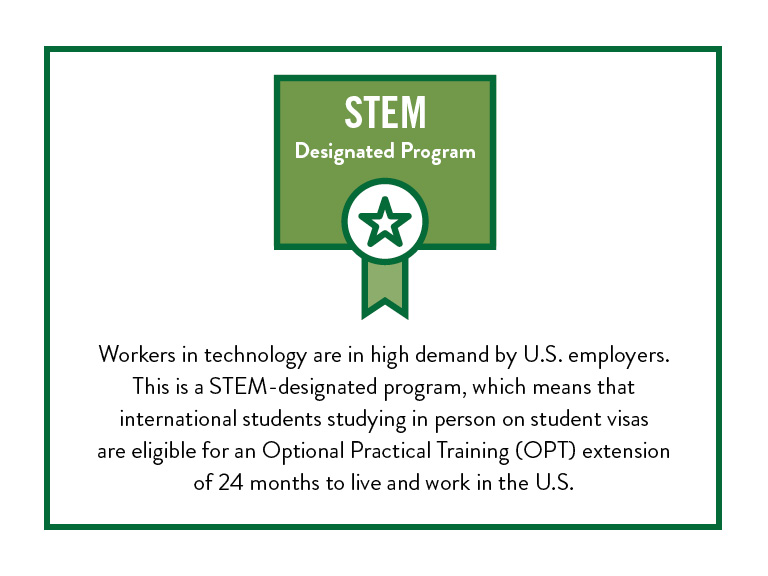Why Choose Mechanical Engineering?

Most every machine you interact with on a daily basis was created by mechanical engineer. Your cell phone is one, your toaster is another. The car you drive and the air conditioner that helps stave off the summer heat--they’re all machines.
It is a vast field with a variety of job opportunities. This field is considered the "general practitioner" of the engineering disciplines, focused primarily on the conversion, transmission and use of power.
The mechanical engineering program prepares you to work in industries including:
- automotive
- aerospace
- biomedical
- construction
- green building design
- solar energy
- power generation
Classes & Curriculum
Manhattan’s class sizes are small compared to what you may find at a large university. This means you’ll get plenty of face time with the professor, and get to learn about mechanical engineering firsthand through all kinds of educational and research projects.
In the past, students have explored:
- the study of hydraulic, electronic and other devices used to collect information for system control
- how to design fasteners, gears, shafts, springs and other mechanical elements
- conduction, convection and radiation as different ways to transfer heat
- properties of fluids: fluid statics; finding ways to govern equations of fluid motion; dimensional analysis; internal flow
- metal cutting, and manufacturing processes such as turning, milling, and drilling
- photovoltaic solar panels
In addition to regular coursework, Manhattan University offers opportunities for undergraduates to do research during the summer directly with a faculty member. As a research scholar, you receive a stipend along with support and guidance from the Center for Graduate School and Fellowship Advisement to help you develop the intellectual, interpersonal, and research skills necessary to competitively apply to graduate schools, professional schools, and other fellowships.
Co-Curricular Opportunities
As a mechanical engineering student, you will have ample opportunity to expand your skill set and build your resume by getting involved with one of the many engineering clubs and activities on campus, including:
- American Institute of Aeronautics and Astronautics
- ASHRAE (American Society of Heating Refrigeration and Air Conditioning Engineers)
- American Society of Mechanical Engineers
- Mechanical Engineering Women’s Group
- Mini Baja
